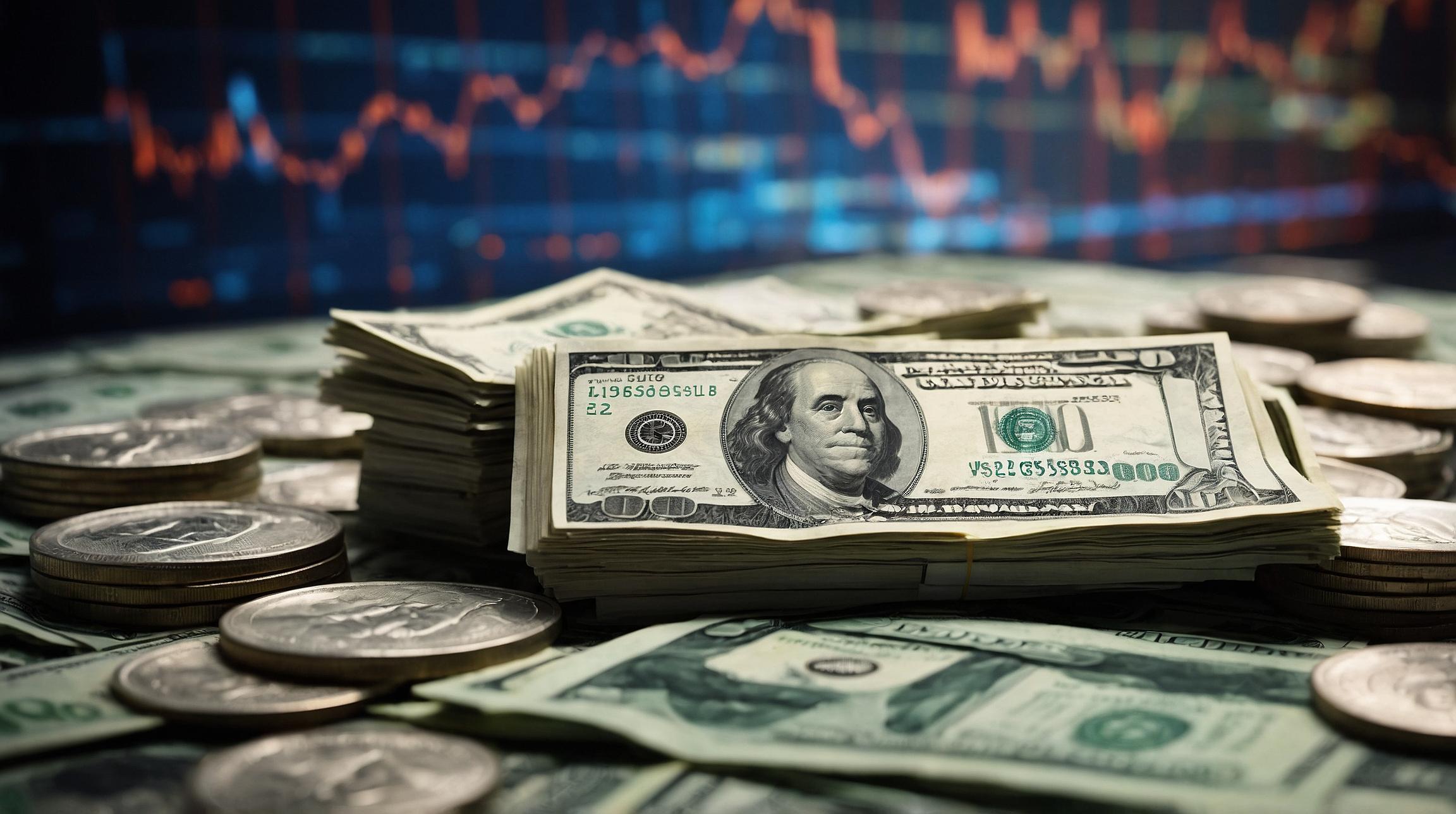Citi's Optimistic Outlook for the U.S. Dollar
As the U.S. election approaches, Citi anticipates increased market volatility, which could bolster the U.S. dollar. In a recent note, Citi identified factors that may enhance the dollar's value, offering an appealing opportunity for investors.
Significant Support Levels in the Dollar Index (DXY)
The DXY index, which gauges the U.S. dollar against a group of major currencies, has reached crucial support levels between 100.30 and 100.82. This range presents an attractive risk/reward scenario, according to Citi, for investors considering long positions in the dollar.
European Economic Weakness and U.S. Political Climate
Citi's analysis points to weakening economic data from the European Union as a catalyst for dollar strength. Additionally, developments in the U.S. political scene, including the upcoming elections, may favor a stronger dollar.
Historical Trends Favoring the Dollar
Historical data reveals that the dollar often performs well in September, recording positive returns in eight of the last ten years. This seasonal trend further supports Citi's optimistic outlook on the dollar.
Safe-Haven Properties of the U.S. Dollar
In times of risk aversion, investors tend to flock to the U.S. dollar due to its safe-haven characteristics. This tendency is particularly relevant when equities and other risk assets underperform, a common scenario during periods of heightened volatility.
Relative Performance and Economic Indicators
Citi highlights the relative performance of the U.S. economy compared to other global economies. Factors such as data momentum and two-year yield differentials between the U.S. and G6 countries provide support for the dollar, albeit to a lesser extent.
Election-Induced Volatility and Federal Reserve Stance
With the U.S. election nearing, Citi expects market volatility to rise, potentially supporting the dollar. However, a dovish Federal Reserve stance might temper some of these upward pressures, impacting the currency's performance.













